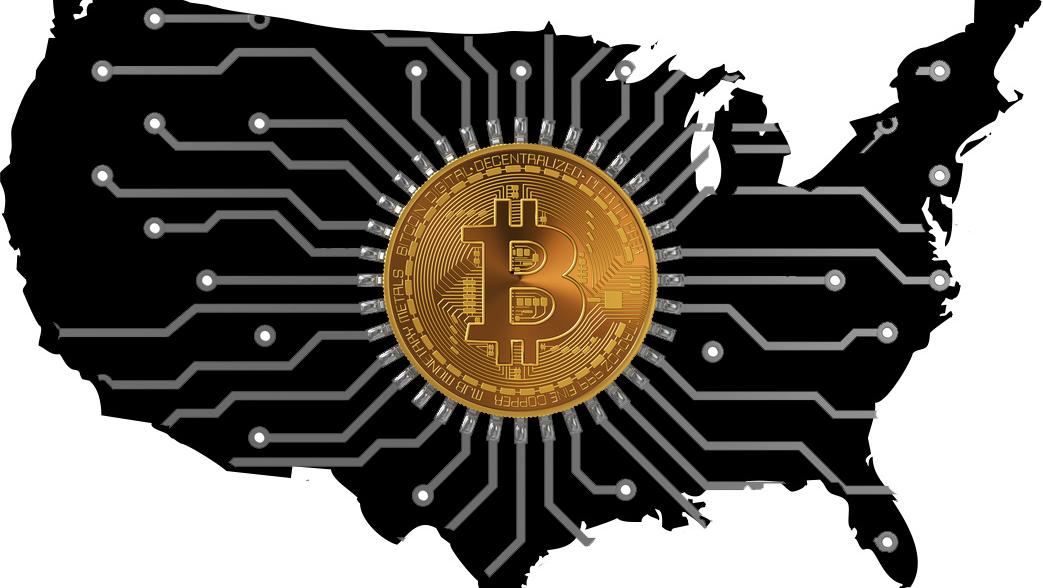PALO ALTO, Calif. (Reuters) - The Federal Reserve is looking at a broad series of problems around digital payments and currencies, including policy, design and legal considerations around potentially releasing its own digital currency, Governor Lael Brainard said on Wednesday. Brainard's remarks recommend more openness to the possibility Article source of a Fed-issued digital coin than in the past." By changing payments, digitalization has the potential to deliver greater worth and benefit at lower cost," Brainard said at a conference on payments at the Stanford Graduate School of Business.
Main banks internationally are disputing how to manage digital financing innovation and the dispersed journal systems used by bitcoin, which assures near-instantaneous payment at possibly low expense. The Fed is developing its own round-the-clock real-time payments and settlement service and is currently evaluating 200 comment letters sent late last year about the proposed service's style and scope, Brainard said.
Less than 2 years ago Brainard told a conference in San Francisco that there is "no engaging showed need" for such a coin. However that was prior to the scope of Facebook's digital currency ambitions were extensively known. Fed authorities, consisting of Brainard, have raised issues about customer defenses and information and privacy risks that could be posed by a currency that could enter into usage by the third of the world's population that have Facebook accounts.
" We are teaming up with other reserve banks as we advance our understanding of reserve bank digital currencies," she said. With more nations looking into releasing their own digital currencies, Brainard said, that contributes to "a set of reasons to likewise be making certain that we are that frontier of both research and policy development." In the United States, Brainard stated, concerns that require research study include whether a digital currency would make the payments system much safer or easier, and whether it could pose monetary stability threats, consisting of the possibility of bank runs if money can be turned "with a single swipe" into the main Additional reading bank's digital currency.
To counter the monetary damage from America's unmatched national lockdown, the Federal Reserve has actually taken unprecedented steps, including flooding the economy with dollars and investing straight in the economy. The majority of these moves got grudging acceptance even from many Fed skeptics, as they saw this stimulus as required and something only the Fed might do.
My brand-new CEI report, "Government-Run Payment Systems Are Hazardous at Any Speed: The Case Against Fedcoin and FedNow," information the dangers of the Fed's present prepare for its FedNow real-time payment system, and propositions for central bank-issued cryptocurrency that have been dubbed Fedcoin or the "digital dollar." In my report, I discuss issues about privacy, data security, currency adjustment, and crowding out private-sector competitors and innovation.

Supporters of FedNow and Fedcoin say the federal government needs to develop a system for payments to deposit instantly, rather than encourage such systems in the economic sector by raising regulative barriers. But as noted in the paper, the personal sector is providing a relatively limitless supply of payment technologies and digital currencies to resolve the problemto the level it is a problemof the time gap Great post to read in between when a payment is sent out and when it is gotten in a savings account.
And the examples of private-sector innovation in this location are many. The Cleaning House, a bank-held cooperative that has actually been routing interbank payments in different types for more than 150 years, has actually been clearing real-time payments because 2017. By the end of 2018 it was covering half of the deposit base in the U.S.